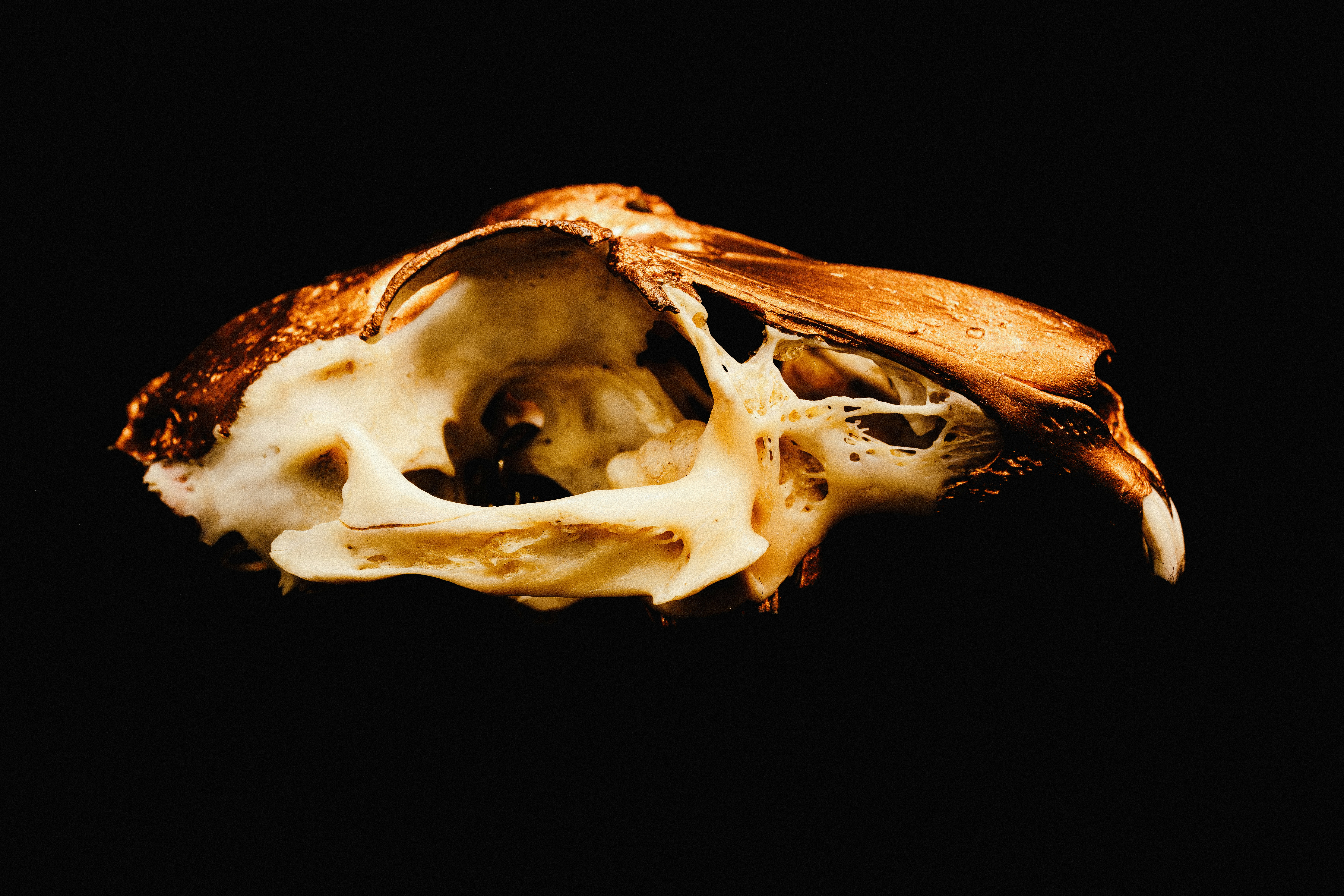Have you ever wondered if bone broth could be a helpful addition to your low-oxalate diet? It feels like there are always new food trends popping up, and sometimes it can be hard to know what really fits into the nutritional guidelines you’re trying to follow. Bone broth has been lauded for its health benefits, but how does it stack up against the requirements of a low-oxalate diet?
Understanding Bone Broth
Bone broth is made by simmering the bones and connective tissue of animals—commonly cows, chickens, or fish. That long cooking process helps extract nutrients like collagen, amino acids, and minerals. Have you ever noticed how comforting a warm bowl of broth can feel? It’s not just your imagination; that soothing quality arises from its rich nutritional profile.
Many people tout bone broth as being beneficial for joint health, gut health, and even skin health due to its collagen content. Before adding it to your diet, though, it’s essential to ask whether those benefits align with a low-oxalate lifestyle.
What is a Low-Oxalate Diet?
In simple terms, a low-oxalate diet limits foods high in oxalates. Oxalate is a naturally occurring substance found in many foods and can lead to the formation of kidney stones in susceptible individuals. So, why should you care? If you’re prone to kidney stones or have been diagnosed with certain health issues like hyperoxaluria, paying attention to oxalate intake is crucial.
Foods high in oxalates include spinach, beets, nuts, and chocolate, among others. Each of these items can be beneficial for overall health when consumed in moderation, but for some people, they can create trouble. Adopting a low-oxalate diet often means focusing on meat, dairy, certain fruits, and some vegetables while avoiding those offenders.
Nutritional Benefits of Bone Broth
Collagen and Amino Acids
Bone broth is rich in collagen, which breaks down into gelatin when cooked. This gelatin serves as an excellent source of protein and amino acids, which can be beneficial for rebuilding tissue. For anyone on a low-oxalate diet, getting the right protein sources is vital, and bone broth can serve as a tasty and nutritious option.
Some essential amino acids found in bone broth include glycine and proline. These amino acids play significant roles in various bodily functions, from muscle repair to maintaining healthy skin.
Minerals and Other Nutrients
In addition to collagen, bone broth contains a range of minerals, including calcium, magnesium, phosphorus, and potassium. These minerals are essential for numerous bodily functions, from bone health to muscle contraction. If you’re looking to maintain strong bones and overall health, incorporating nutrient-rich foods like bone broth might help.
Is Bone Broth Low in Oxalates?
You might be curious about the oxalate content in bone broth itself. Fortunately, bone broth is considered low in oxalates, making it a generally safe option for those monitoring their oxalate intake. Unlike many vegetables and plant-based foods, the bones used in making broth do not have significant oxalate levels.
Ingredient Considerations
While bone broth is low in oxalates, the ingredients used to make it can affect the overall oxalate content. For instance, if you add high-oxalate foods like spinach or almonds to your broth, those oxalate levels will rise. Stick to ingredients that are considered low-oxalate when you’re making your broth to keep it as safe and beneficial as possible.
How to Incorporate Bone Broth into Your Low-Oxalate Diet
Cooking with Bone Broth
You can use bone broth in several easy ways. Whether you’re making soups, sauces, or risottos, using bone broth as a base can enhance not just flavor but also nutrition. It’s a simple swap that can yield impressive health benefits without straying from your dietary needs.
Bone Broth Recipes
If you’re wondering how to incorporate bone broth into your meals, here are a few recipe ideas that are both delicious and low in oxalates:
Simple Bone Broth Recipe
-
Ingredients:
- 2 pounds of bones (beef, chicken, or fish)
- 1 onion, chopped
- 2 carrots, chopped
- 2 celery stalks, chopped
- Water to cover
-
Instructions:
- Place bones and vegetables in a large pot.
- Cover with water and bring to a boil.
- Reduce heat to low and simmer for 12-24 hours.
- Strain the solids and store the liquid.
Bone Broth Vegetable Soup
-
Ingredients:
- 4 cups bone broth
- 1 cup chopped low-oxalate vegetables (like zucchini or green beans)
- Salt and pepper to taste
-
Instructions:
- Bring bone broth to a simmer.
- Add vegetables and cook until tender.
- Season and enjoy a warm bowl of nutrients.
These simple recipes make it easy to include bone broth in your meals while keeping oxalate levels low.
Potential Benefits of Bone Broth in a Low-Oxalate Diet
Joint Health
One of the prominent benefits touted about bone broth is its positive impact on joint health. The collagen and amino acids can potentially help to reduce inflammation and support joint flexibility. This could be particularly beneficial for those with conditions like arthritis or those who are more physically active and want to maintain healthy joints.
Gut Health
Another reason to consider incorporating bone broth is its potential to improve gut health. The gelatin in bone broth may foster a healthier gut lining and support digestion. If you struggle with digestive issues, this could be a helpful addition to your diet.
Skin and Hair Benefits
The collagen content in bone broth doesn’t just support your joints; it can also do wonders for your skin and hair. Many people have reported improved skin elasticity and a reduction in fine lines when regularly consuming collagen-rich foods. If beauty benefits are on your radar, bone broth could be a delightful way to nourish your skin from the inside out.
Are There Any Downsides?
Every good thing comes with its considerations. While bone broth has many benefits, it’s not without potential downsides.
Sodium Content
Homemade bone broth can be a bit high in sodium, especially if you’re adding salt or using commercially prepared versions. High sodium intake can lead to issues like elevated blood pressure or water retention. If you’re watching your sodium intake, you might want to choose unsalted bone broth or limit the amount you add during cooking.
Allergies and Sensitivities
Some individuals may have allergies or sensitivities to ingredients often found in bone broth, such as specific spices or vegetables. Always be mindful of any food allergies you might have. If you’re unsure, consult your healthcare provider about introducing something new to your diet.
The Verdict: Is Bone Broth a Good Addition?
Bone broth is typically low in oxalates and packed with nutritional benefits that align well with a low-oxalate diet. It seems to check many boxes regarding protein, nutrients, and possible health advantages. However, like any food, its effects can vary depending on your individual health circumstances, dietary needs, and preparation methods.
Conclusion
Incorporating bone broth into your low-oxalate diet could offer a wealth of benefits, from promoting joint health to enhancing gut function. Taking the time to prepare bone broth or find high-quality pre-made options can lead to delicious culinary experiences that align with your health goals. Just remember to keep everything in balance, paying attention to your overall dietary needs and how specific ingredients may impact your health.
So the next time you’re at the grocery store or thinking about a cozy meal at home, consider how bone broth might fit into your low-oxalate journey. After all, nourishing your body should also be an enjoyable experience!




